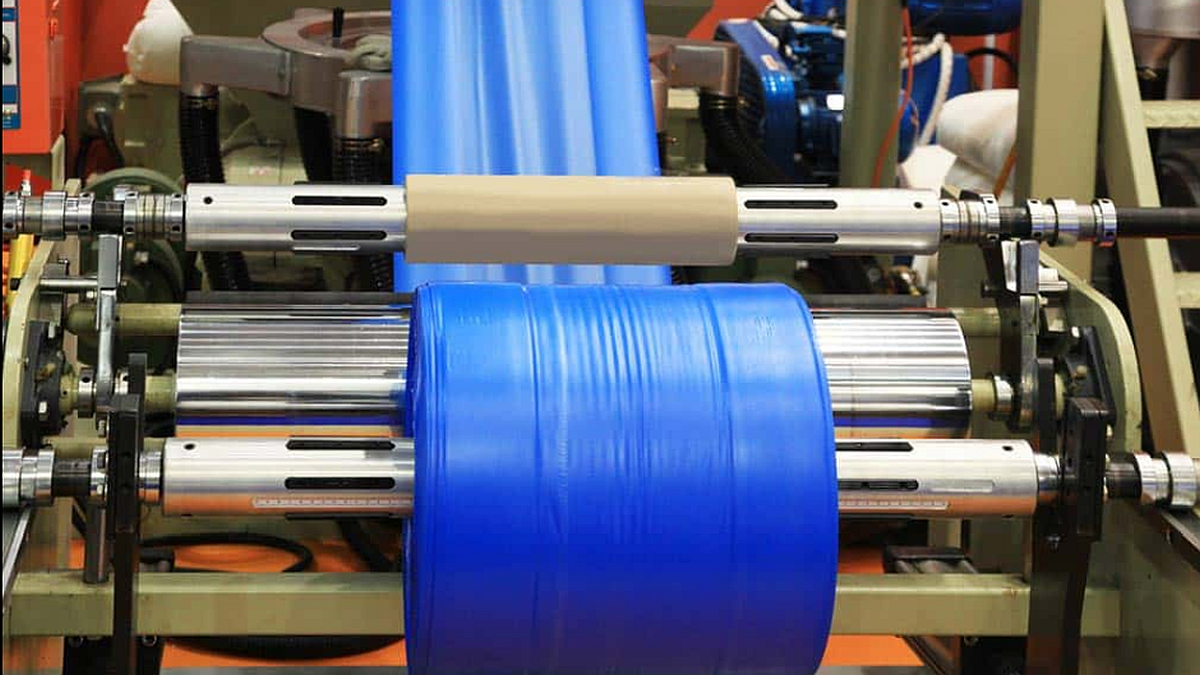Within the framework of its commercial deregulation and openness strategy, the National Government advanced with a new stage of reducing tariffs on the importation of capital goods. Through Decree 536/2025published on Monday in the Official Gazette, the regimes of exceptions to the Common External Tariff (AEC) were updated, a list of capital goods with differential aliquots was consolidated and transitory increases on imported finished products were established.
In parallel, through the Decree 513/2025a Low of the import right of 20% -35% to 12.6% for 27 machinery and industrial toolswith the aim of lowering the cost of productive investment.
What are the 27 capital goods with 12.6% reduction
The measure reaches key equipment for strategic sectors such as the metallurgical, oil, food and energy industry. Among the products achieved stand out:
From the Government they explained that the previous management had arbitrarily increased these tariffs above the Mercosur roof (12.6%), for collection purposes, which ended up making these tools more expensive and reducing competitiveness.
According to official data, in 2024 almost 3,000 companies imported these 27 goodswhile in the first quarter of 2025 they did about 2,000 signatureswhich shows its weight in the productive fabric.
The executive has already reduced the import tariffs 1,081 productsincluding:
-
Key industrial supplies: agrochemicals, plastics, tires, fabrics.
-
Durable consumer goods: washing machine, frozers, footwear, clothes and cell phones.
These measures are framed in a logic of “competition shock” to stimulate productivity, improve the relative prices of the economy and guarantee the supply with greater variety and quality.
Capital goods represent approximately 20% of Argentine imports. In 2024, they were imported by 9,979 million dollars and more than 14,000 companies. Only between January and April 2025, purchases reached the 4,862 millionwith more than 11,000 signatures involved.
The most demanded items are: eTransportation chipos, HTelecommunication tools YCOmputers and automation systems.
Mercosur approved a statement that flexibilizes the tariff regime and expands the lists of exceptions by country
On the last summit in July this year, Mercosur approved a new resolution that temporarily expands the national lists of exceptions to the common external tariff (AEC)allowing each block member of the block adjust your commercial policy according to your needs and priorities.
The measure was adopted by the Common Market Council (CMC)the main political decision body of Mercosur. With this extension, the states part may Adapt your products of exempted products from the AECsomething that gives them greater maneuvering margin in the face of changes in international tradeespecially in a global context affected by geopolitical tensions and commercial wars.
“The measure enables each country to respond to its internal priorities without losing sight of regional integration and commitments assumed in the Asunción Treaty,” said Argentine Foreign Minister.
This greater flexibility in the common tariff scheme reinforces the capacity for action of member countriesat the same time preserving the institutional framework and the fundamental principles of the Customs Union of Mercosur.
Source: Ambito




